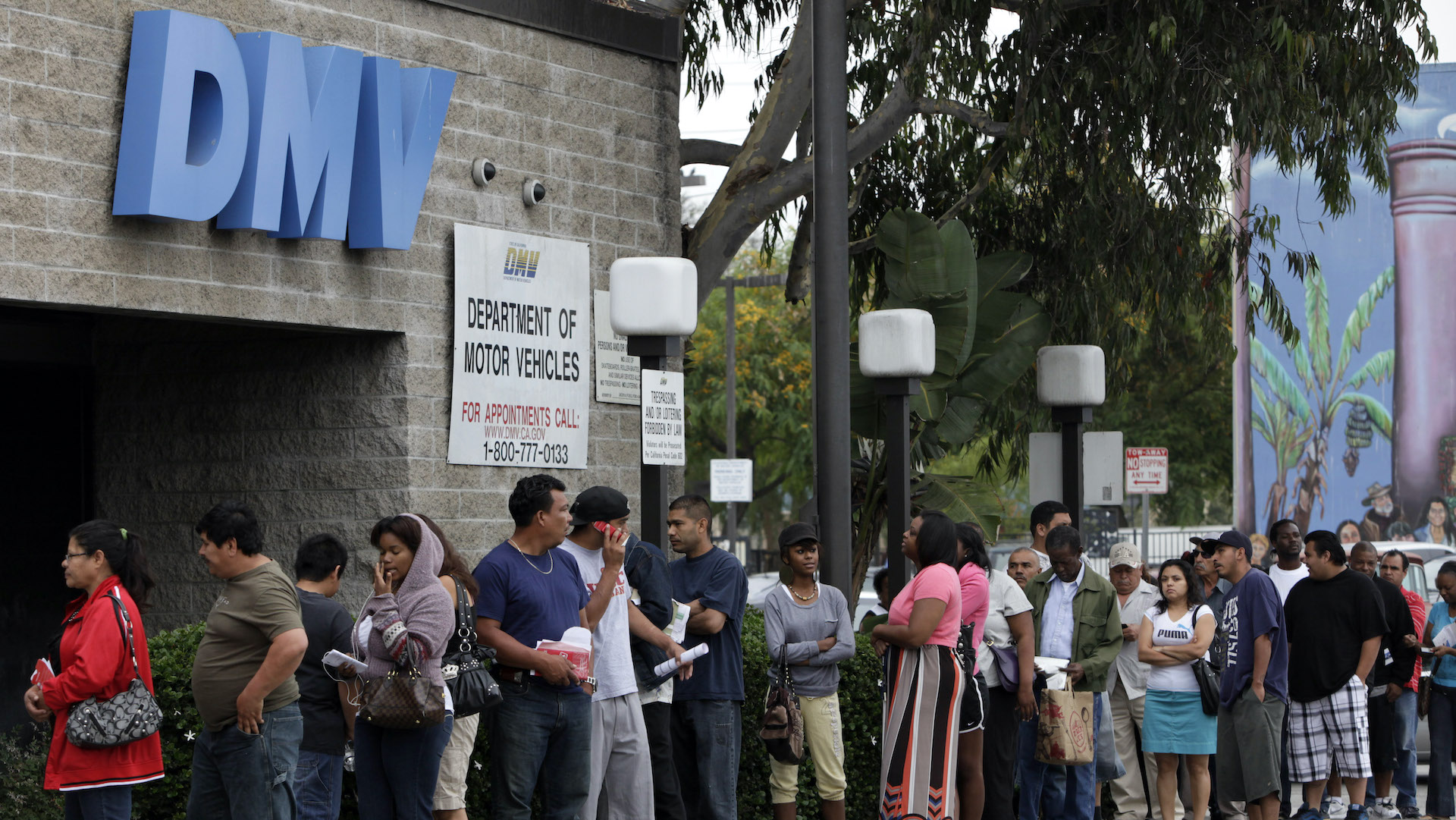

Big data means big money. That’s something true not only to tech moguls like Facebook and Google, but also to the state-run Department of Motor Vehicles across the U.S. that issue your driver’s license, keep track of points on your license, and knows about every car registered in your name. DMVs have been capitalizing on this data for quite some time, and now lawmakers want to know not just what kind of data is being sold, but also who it’s being sold to.
We first reported on this last year, but new information from Vice’s Motherboard reveals that 12 California lawmakers have finally begun taking steps in understanding how the California DMV sells driver’s data, as well as staging the building blocks to extend consumer protections to prevent what may be an egregious misuse of personal information.
“[Drivers] provide this sensitive information trusting that the government will not mishandle it, and it is imperative that the DMV lives up the expectation by protecting the data,” reads a letter addressed to the director of the California Department of Motor Vehicles.
“The individuals whose data are being sold are reportedly not informed of this practice or given the opportunity to opt-out. What information is being sold, to whom it is sold, and what guardrails are associated with the sale remain unclear.”
The lawmakers are now requesting that the DMV reveal what kind of companies it has sold or provided data to, specifically inquiring if it has ever knowingly provided information to debt collectors, private investigators, data brokers, or law enforcement agencies. The California DMV had previously revealed to Vice that the companies requesting data “may include insurance companies, vehicle manufacturers, and prospective employers.”
Further information requests involve the use of social security numbers, photos, licensee data of undocumented immigrants, and how the department handles requests for opt-outs.
It’s estimated that the California DMV earns roughly $50 million each year from selling the personal information of Californians, but it isn’t alone in doing so. Other states like Rhode Island have also partaken in this revenue generator, raking in hundreds of thousands of dollars using the same practices. Both states are a drop in the bucket compared to Florida, which brought in $77 million in 2017.
As we find ourselves climbing deeper into the information age, it was only a matter of time before our personally identifiable information became the interest of big data. Whether it be the location data from our cell phones, our product viewing history on Amazon, or even the telemetry data phoned home from brand new cars—there’s value to be had in the science of people. But should governmental agencies get a slice of the metaphorical money pie by selling personal data of its citizens?
Got a tip? Send us a note: tips@thedrive.com